Malmö's Pilot City Activity: Net Zero Malmö Pilot

Description of activities
The city is moving from the preparatory phase of its climate transition plan to an implementation phase, which aims to broaden the stakeholder engagement of businesses, civil society, communities, and citizens. The city has seven transition areas with baseline analyses and will develop at least three roadmaps (heating, electricity supply, and climate-neutral construction) during the pilot period.
Each roadmap will include a detailed plan for the period of 2023-2026 and an outline plan for 2030. During this phase, the city will also see the roadmaps for the circular economy, climate-smart consumption, net-zero organisation, and mobility finalising their first rotation in the climate transition process.
The pilot activities will address the following challenges:
- Fossil-based plastics and energy: 60-70% of the heat supply of Malmö comes from the energy-to-waste plant which generates 25% of the city’s emissions.
- Mobility: further scale up public transport investment and electrification.
- Circularity and climate-neutral building: the majority of Malmö’s emissions as an organisation comes from construction procurements and building operations.
Objective
To implement a science-based and shared learning approach for capacity-building at individual and organisational level, in dealing with key challenges (heating, electricity supply, and climate-neutral construction).
Are the pilot activities building upon or part of a previous and/or existing activity?
Climate Transition Malmö process is reaching the end of its preparatory phase of development and moving towards the implementation phase. The first phase has been based on emissions analyses and strategic priorities. In the resulting transition areas, baseline studies are carried out with the help of external expertise. Parallel to this process, support mechanisms have been developed, e.g., climate contracts, community development approaches, and organisational learning structures. Net Zero Malmö Pilot will mobilise additional resources to ensure that the prioritised transition areas can meet the challenges identified in the baseline studies and with an accelerated pace move towards the implementation of developed roadmaps.
Which emissions domains will the pilot activities address?
Systemic transformation – levers of change the pilot activities will exploit
Stakeholder types that you would like to engage in the pilot activities
Transferable features of your pilot activities to a twin city/ies
- A strong shared learning approach with Viable Cities or other European NetZeroCities cities;
- A clear methodology with a strong governance and science-based approach and innovation for capacity-building;
- An approach to analysing key challenges using baseline studies allowing to identify development pathways that can maximise co-benefits in the form of increased social inclusion, quality of life, employment, and business development.
This answer is not exhaustive and simply an indicative one.
Components of the transferable features
- Design and organisation of overall climate transition process (development of missions, roadmaps, gap-analysis etc.);
- Implementation of socio-economic analysis;
- Development of learning strategies and implementation of structures for learning;
- Methods for local sensemaking processes;
- Methods for working with social innovation and eco social initiatives.
This answer is not exhaustive and simply an indicative one.
What does the city want to learn from twin city/ies?
- Creation of a just, inclusive, and equal climate transition process;
- Sustainable mobility;
- Citizen and business engagement;
- Dealing with consumption-based emissions;
- Investment, project portfolios;
- Living labs;
- Systems demonstrator work (jointly developed, implemented, and linked to a portfolio of interconnected interventions that address multiple dimensions of change);
- Integration between climate mitigation and adaptation.
This answer is not exhaustive and simply an indicative one.

